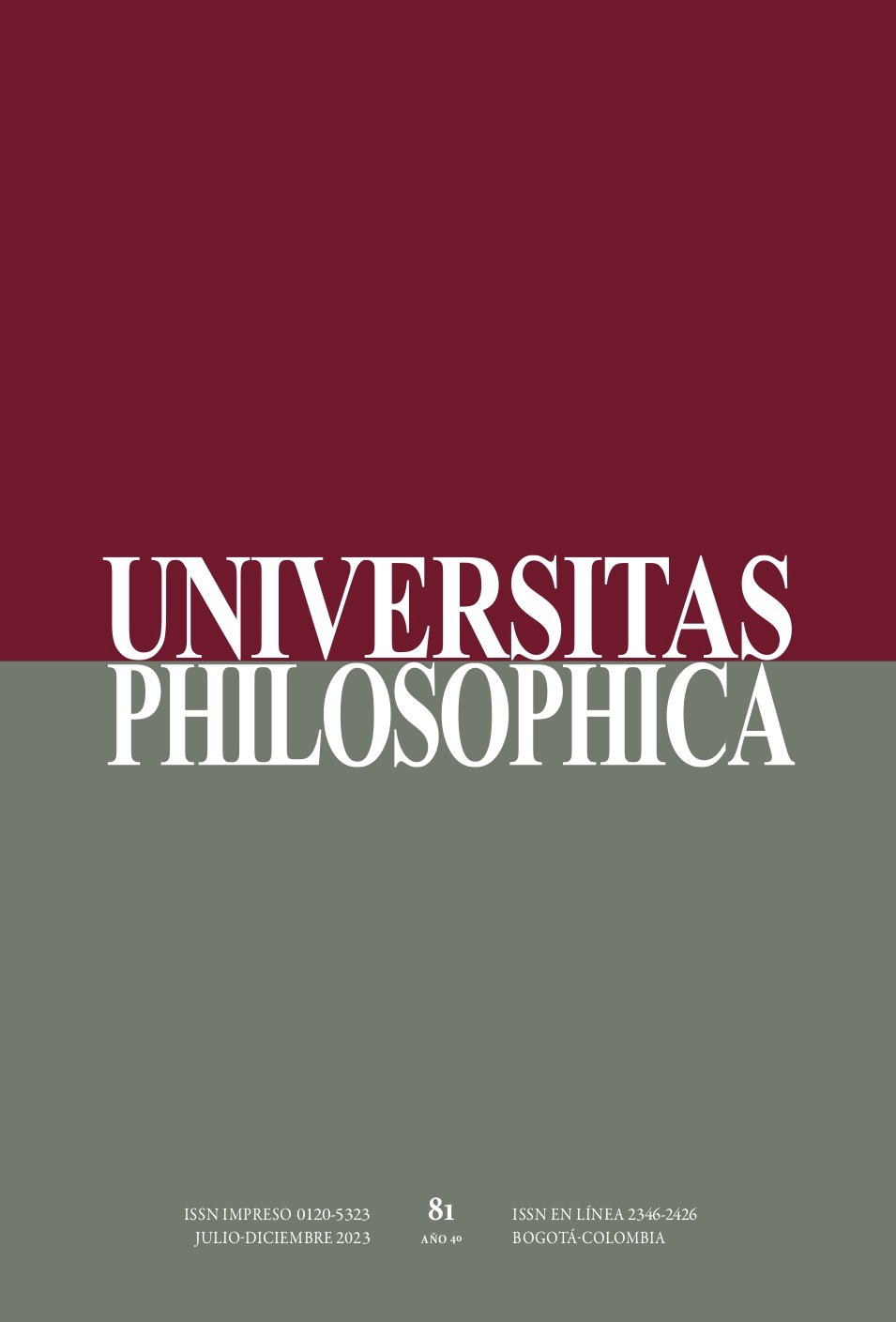Resumen
La evidencia histórica de los siglos pasados y actuales muestra los límites de una pretendida ciencia pedagógica y de sus métodos de aprendizaje concebidos a priori, es decir, entendidos como una teoría presupuesta. En este sentido, el método educativo propuesto por Lucien Laberthonnière (1860-1932) puede ser reconocido como un aporte notable y aún actual. Por ello, el objetivo de este estudio es, ante todo, presentar el pensamiento educativo de Laberthonnière. En segundo lugar, se quieren ofrecer algunas reflexiones críticas que prolonguen la lección del autor. Si para él la educación es una obra en común entre la autoridad del educador y la libertad del educando, ¿su fin es engendrar sujetos cívicos que estén habilitados para trabajar con el otro hombre, no contra él? En este sentido, se mostrará que su propuesta es la de una educación en la que el método de la relación compuesta entre la autoridad del educador y la libertad del educando sabe engendrar sujetos cívicos con miras a la producción de beneficios universales, es decir, civilizadores.
Abauzit, F. (1934). La pensée du Père Laberthonnière. Revue de théologie et philosophie, 90, pp. 5-33.
Arendt, H. (2003). Eichmann en Jerusalén. Un estudio sobre la banalidad del mal. (trad. C. Ribalta). Lumen.
Averincev, S. (2001). Atene e Gerusalemme. Donzelli.
Badiou, A. (1997). Saint Paul. La fondation de l’universalisme. Presses Universitaires de France.
Beillevert, P. (1972). Oratoriana. Laberthonnière. L’homme et l’oeuvre. Introduction à sa pensée. Beauchesne.
Böhm, I. (1997). Lucien Laberthonnière. Coreth, W. Neidl & G. Pfligersdorfer (Eds.), Filosofía cristiana en el pensamiento de los siglos XIX y XX, tomo III (pp. 344-353). Madrid: Encuentro.
Descartes, R. (2000). Discours de la méthode. Librairie Générale Francaise.
D’Hendecourt, M.-M. (1947). Essai sur la philosophie du Père Laberthonnière. Vrin.
Freud, S. (1991a). La interpretación de los sueños. (trad. J. Etcheverry). En Obras completas, tomo V (pp. 345-611). Amorrortu.
Freud, S. (1991b). Formulación sobre los dos principios del acaecer psíquico. (trad. J. Etcheverry). En Obras completas, tomo XII (pp. 217-231). Amorrortu.
Freud, S. (1991c). Psicología del colegial. (trad. J. Etcheverry). En Obras completas, vol. XIII (pp. 243-250). Amorrortu.
Freud, S. (1991d). Nuevas conferencias de introducción al psicoanálisis. (trad. J. Etcheverry). En Obras completas, Tomo XXII (pp. 5-169). Amorrortu.
Freud, S. (1992a). Pulsiones y destinos de pulsión. (trad. J. Etcheverry). En Obras completas, tomo XIV (pp. 105-134). Amarrortu.
Freud, S. (1992b). Algunos tipos de carácter dilucidados por el trabajo analítico. (trad. J. Etcheverry). En Obras completas, tomo XIV (pp. 313-339). Amorrortu.
Freud, S. (1992c). El porvenir de una ilusión. (trad. J. Etcheverry). En Obras completas, tomo XXI (pp. 1-55). Amorrortu.
Kafka, F. (1994). Il silenzio delle sirene. Scritti e frammenti postumi (1917-1924). Feltrinelli.
Kant, I. (2000). Filosofía de la Historia. (trad. E. Ímaz). FCE.
Kelsen, H. (1960). Teoría pura del derecho. Introducción a la ciencia del derecho. (trad. M. Nilve). Eudeba.
Kleist, H. V. (1988). Sobre el teatro de marionetas y otros ensayos de arte y filosofía. (trad. J. Riechmann). Hiperión.
Laberthonnière, L. (1903). Essais de philosophie religieuse. Lethielleux libraire éditeur.
Marcel, G. (1987). Aproximación al misterio del ser. Posición y aproximaciones al misterio ontológico. (trad. J. L. Cañas). Encuentro.
Molteni, A. (2016). Pensamiento de Cristo e idealismo griego: para una relectura de Laberthonnière. Veritas, 35, pp. 187-215. http://dx.doi.org/10.4067/S0718-92732016000200009.
Molteni, A., & Solís-Nova, D. (2021). Cuatro artículos para la co-institución del acontecer del pensamiento. Análisis, 53(98), pp. 373-405. https://doi.org/10.15332/21459169.6253
Pazzaglia, L. (1973). Educazione religiosa e libertà umana in Laberthonnière. Il Mulino.
Pazzaglia, L. (2013). Lucien Laberthonnière. Padres y maestros, 352, pp. 44-47.
Severino, E. (1998). Il destino della tecnica. Rizzoli.
Simenon, G. (1999). Il mio amico Maigret. Le inchieste di Maigret. Adelphi.
Tocqueville, A. D. (1957). La democracia en América. (trad. L. Cuellar). FCE.
Tresmontant, C. (1966). L. Laberthonnière, Le réalisme chrétien précédé de Essais de philosophie religieuse. Seuil.
Weber, M. (1984). La ética protestante y el espíritu del capitalismo. (trad. P. M. Cuadrado). Sarpe.

Esta obra está bajo una licencia internacional Creative Commons Atribución 4.0.
Derechos de autor 2023 Agostino Molteni, David Alfonso Solís-Nova



